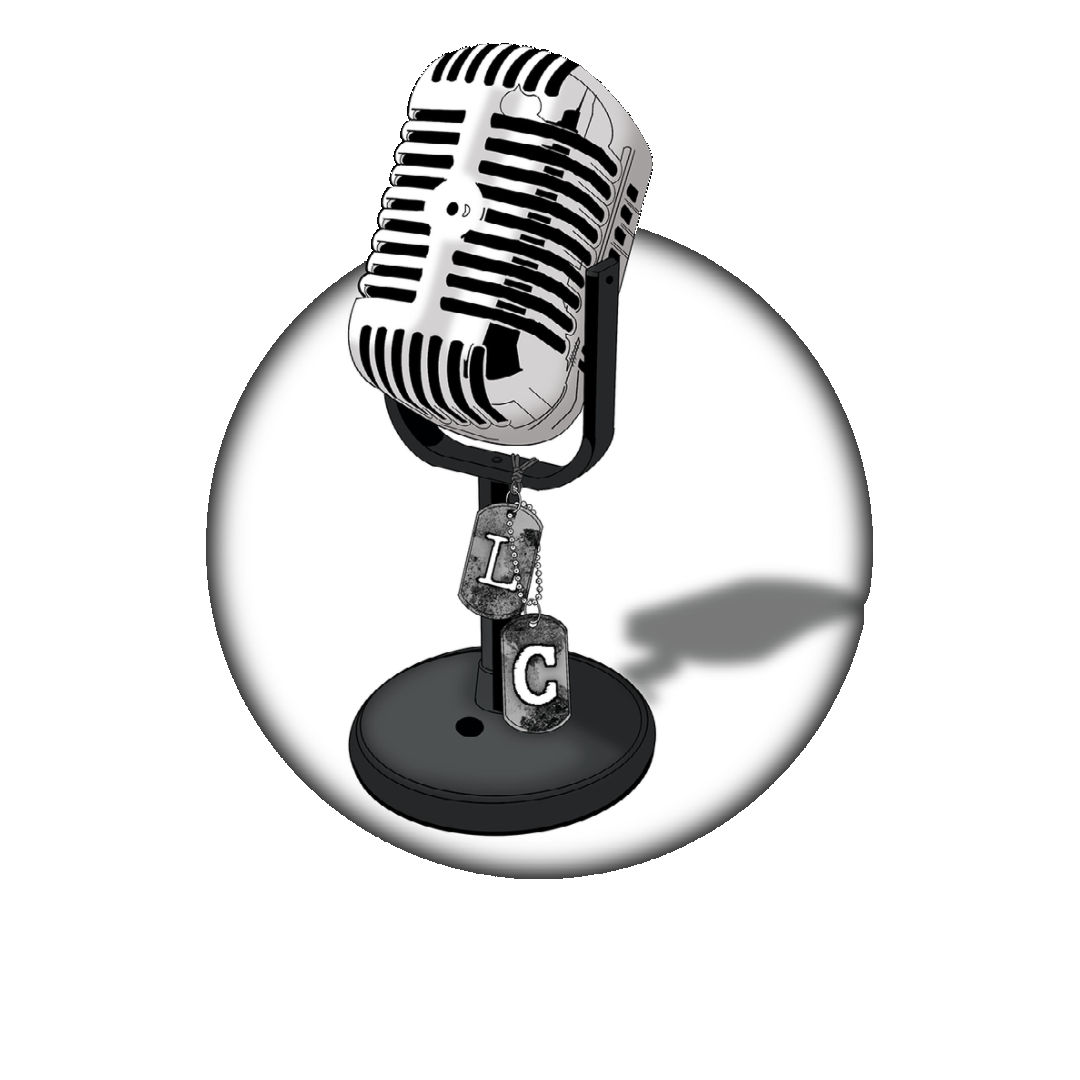How In Tune are You With Your Emotions?
Do You Suck At Emotions? How’s That Working For You As a Leader?
I just wrapped up an executive coaching appointment with one of my leadership clients.
He’s in charge of approximately 120 people and 3 different departments.
He’s been in that leadership position for almost 5 years now.
I asked my first question, “How’ve you been?”
Thirty seconds go by. I was thinking ‘maybe he didn’t’ hear me’ or ‘maybe we lost internet connection’, ‘maybe his connection froze’. Then, a bit sheepishly, he responds with “fine”.
I’m not a rocket surgeon, but that length of time to answer with that one word in the tone of voice he answered in were a bit of a yellow flag. Maybe more is going on under the surface. I remembered Michael Bungay Stanier’s encouragement to “stay curious longer”.
I asked him if it was ok for me to ask about how he and his girlfriend were doing. Cautiously, he said that would be fine.
“How are you & Heather doing?”
Another 20 seconds go by. “Terrible”.
I asked him a second time for permission to inquire further about his relationship with his girlfriend. He quietly obliged.
“What do you think has contributed to this challenging spot you’re in with your relationship with Heather?”
Another 20 seconds goes by. “We’re both not good at communicating.”
I empathized with him.
He was having some relationship challenges with his girlfriend and he wanted it to improve but was stuck because he wasn’t good with or comfortable with his or her emotions, nor how to communicate about either.
What would it be like to work for a leader like that?
How comfortable are you with your own emotions? How comfortable are you with others’ emotions?
Chances are if you’re not comfortable with your own emotions, you’re not going to be comfortable with others’ emotions.
What impact does that have as a leader?
How do you feel when one of your team members approaches you emotionally amped?
How accurately can you identify how & what you’re feeling? How accurately can you identify what your team is feeling?
Why does it matter?
Have you ever worked for someone that is emotionally clueless? They’re not self-aware. They’re not socially aware. What was that experience like?
What’s the impact of following a leader that has little-to-no self-awareness?
I just did a presentation on emotional intelligent leadership to a group of about 30 U.S. Air Force leaders.
I asked the group “How many of you have ever served a poor or toxic leader?” 100% of their hands went up. 100%.
How about you?
Have you ever served or worked for a poor or toxic leader?
What was that experience like?
Amazing, right? lol Of course not. Just how much did that experience affect / impact you on a daily basis…both at work & even away from work. The reach & impact of a poor leader can literally be life changing. Trust me. I was in the Army long enough to run across a few. I’ve worked in & with enough leaders in Corporate America to know there are plenty of “competent but clueless” leaders.
Now check this out. I then asked those Air Force leaders “How many of those poor or toxic leaders were unaware they were bad leaders?” 85% of them raised their hands. 85% of them said the toxic leaders they worked for were not even aware they were toxic leaders. Wow…
How does that hit you?
How about you?
Surely you’re not one of those toxic leaders, right? Are you aware enough to even know?
How can increasing your emotional intelligence (“EQ”) impact you as a leader?
The awesome thing about growing your EQ is that it won’t just make you a better, more empathetic, more effective leader; it will also make you better at home. Better with your family. Better with your homies.
What can you do today to start an emotional fitness program to maximize & optimize your leadership strengths & minimize your weaknesses?
Getting emotionally healthy is hard, slow and even painful at times, but It is so worth it.
All this is coming from a former emotionally clueless West Point Army Ranger in the 82nd Airborne Division. I thought leadership was all about the “hard skills” for most of my life. Then, after counseling & a very consistent emotional fitness program and a lot of research, I’ve come to realize that “soft skills” directly impact the “hard skills” and the “bottom line”.

